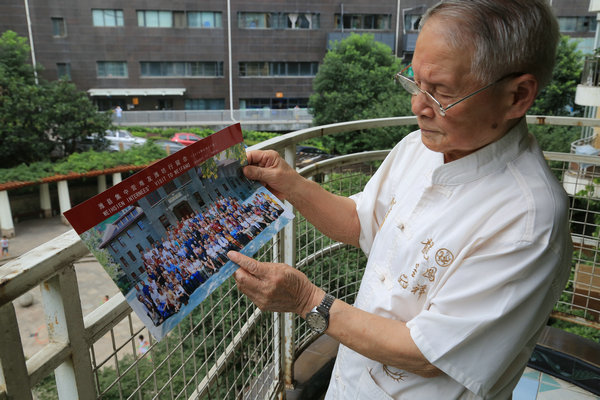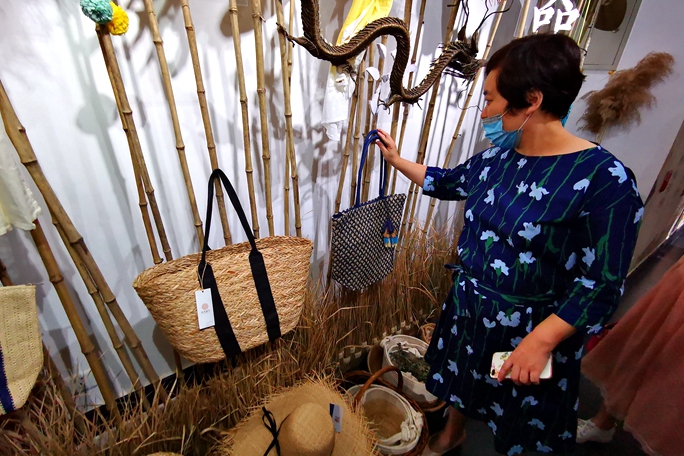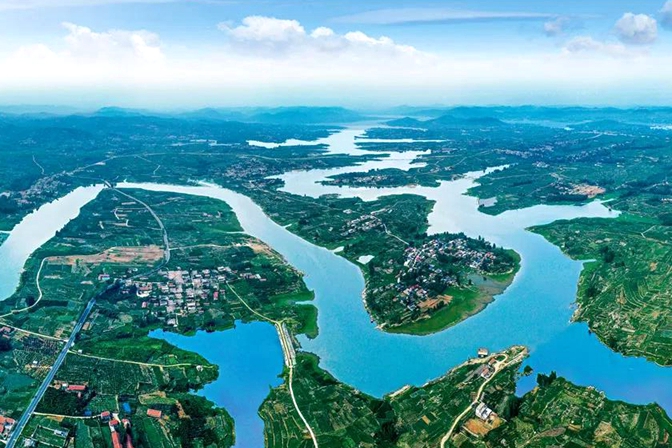Wartime memories: In gratitude
Xing Yi and Dong Xianwu
(China Daily) Updated: 2016-08-05
 |
|
Wang Chenghan shows a photo of survivors of the Weihsien camp in Shandong province. In 1945, he joined a rescue operation in the Japanese interment camp.[Photo by Yang Jun/ China Daily] |
Telling his story, Wang, who was then known by his English name Eddie, says: "Every night after dinner, Mary and other little children would play softball with me. We had a lot of fun together and became good friends."
Previte spent three more weeks in the camp before being transferred to Xi'an in northwestern China to reunite with her missionary parents.
As the war ended, Wang went back to university and continued his studies. After graduating in 1948, he worked as a teacher, and later as an engineer.
Previte and her parents returned to the United States, where she worked in the education sector before being elected to the New Jersey assembly in 1998.
In the 1990s, Previte decided to find the soldiers who had liberated the Weihsien camp, so that she could express her gratitude to them in person. It was not too hard for her to locate the US soldiers, although two of them had died by then. But she couldn't find Wang, who didn't tell anyone except his family members about the heroic mission.
It was by chance that Wang's grandson, who works in the US, saw Previte's posts on a Weihsien camp survivors' website that finally brought the two together over the phone last year.
Recalling how she found him, Previte says during a meeting with Wang in Guiyang: "When we were talking on the telephone and you said that Betty (Previte's friend) taught you dancing. I thought: 'OK, this is for real'."
Wang is the only man still alive from the team of rescuers.
"This is the last chapter of my pilgrimage to find my heroes," says Previte. "They all said that they are not heroes. But to all of us who were in the Japanese camp, they became heroes when they jumped out of that plane."
Previte hasn't come alone. She has brought several "thank you" messages from others. The letters were written by US ambassador to China Max Baucus, New Jersey state senator Stephen Sweeney, Donald Norcross, a congressman from New Jersey, and several former internees from all over the world.
"If you and your brave comrades hadn't saved us, I would probably have died before I reached 19," wrote former internee Pamela Masters-Flynn from California.
"Thank you for giving me 70 more years of life ... with all the wonderful people who touched my life along the way."
In another letter, Audrey Nordmo Horton from Norway says: "I was one of the few Norwegians you rescued. So in Norwegian I will say, tusen takk-a thousand thank yous-and I will add in English a million more."
Contact the writers through xingyi@chinadaily.com.cn

 Shandong Culture and Tourism Consumption Season
Shandong Culture and Tourism Consumption Season Culture, tourism sectors pick up in Shandong as epidemic wanes
Culture, tourism sectors pick up in Shandong as epidemic wanes

